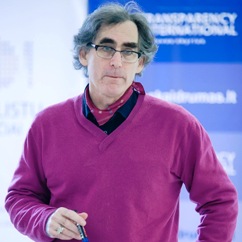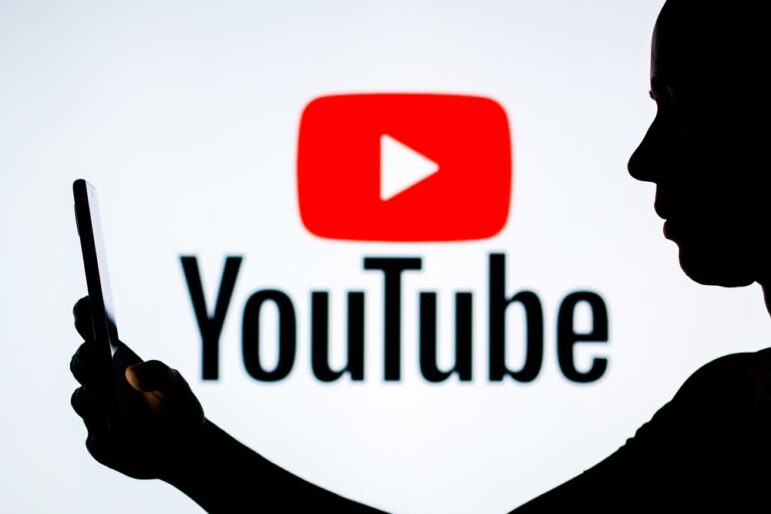Mark Lee Hunter
Mark Lee Hunter is an adjunct professor and senior research fellow at the INSEAD Social Innovation Centre in Fontainebleau, France. He has lived in France since 1982. He is a founding member of the GIJN and the new group, Journalistes enquêteurs francophones associés, and has served on the voluntary committee since its inception.
Hunter has written well over 100 investigative features and nine books, which earned him IRE, SDX, National Headliners, H.L. Mencken and Clarion Awards. His subjects included the French extreme right, a high profile murder case (which he helped to solve), the unauthorized biography of a prominent French government minister, the contaminated blood affair, and an obscure American law that created a population of a quarter-million severely handicapped children.
He served as principal author and editor of Story-Based Inquiry: A Manual for Investigative Journalists, which includes other contributors from the network and has become the most widely-used manual in the history of IJ.
![]() He also edited The Global Investigative Journalism Casebook, an anthology of articles with author afterwords, mainly from network members. He is currently collaborating with ARIJ on a global curriculum for introductory investigative journalism classes. Besides his research on investigative reporting methods, Hunter conducts scholarly research on business models for investigative media, and on their interaction with “stakeholder” media (like greenpeace.org).
He also edited The Global Investigative Journalism Casebook, an anthology of articles with author afterwords, mainly from network members. He is currently collaborating with ARIJ on a global curriculum for introductory investigative journalism classes. Besides his research on investigative reporting methods, Hunter conducts scholarly research on business models for investigative media, and on their interaction with “stakeholder” media (like greenpeace.org).
Mark Lee Hunter holds a doctorate in communication from the Université de Paris II/Panthéon-Assas. In the past three years he has spent about half his time traveling to teach or research in Europe, the Americas, Africa, the Middle East and Asia.
Hunter says:
I am running for the Board of the GIJN in order to represent a vision of where our work and business are going. It’s the same one I have defended since 2010, when I lobbied successfully to get prominent NGOs on the program of our convention in Geneva.
Then as now, I see NGOs and other media run by stakeholder groups as partners in the gathering and distribution of investigative news. For that partnership to work, we will need to think hard about the ethics of working with such folks. We will also need to find innovative ways for investigative reporting to reach wider publics, at a time when mainstream news media are struggling to keep theirs.
The partnership of ARIJ and myself with UNESCO, which made possible the publication of Story-Based Inquiry and the Global Casebook, is one example, and I have written on a number of others.
Finally, I will work to help us seize the opportunity to influence the next generation of journalism instruction. The old academic model of training journalists isn’t working. We can contribute to the new model, in which investigation and entrepreneurialism are more than the icing on the cake. Thanks for considering my candidacy.










